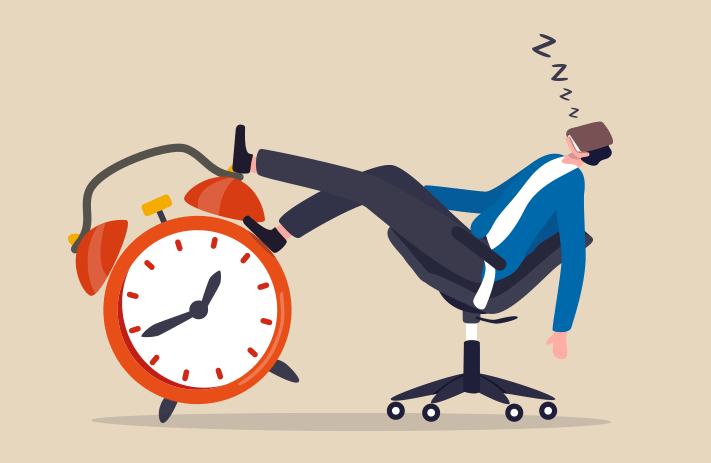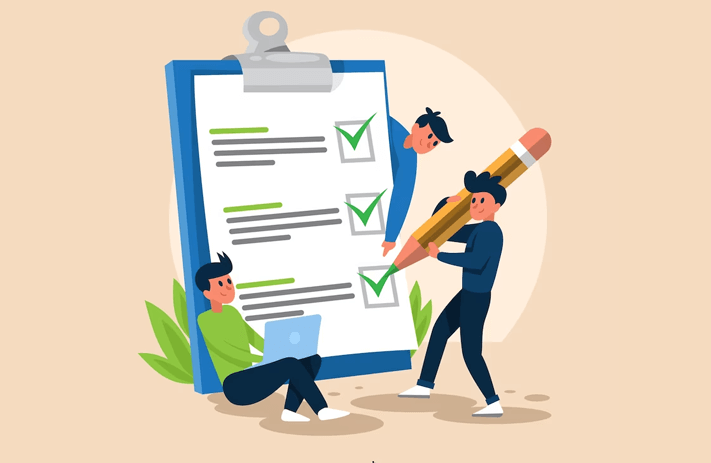
Click the button to start reading
Purposeful Delay: The Art of Procrastination and How You Can Benefit From It
Everyone knows a procrastinator… or maybe you are the procrastinator that everyone knows.
Merriam-Webster defines procrastination as intentionally putting off doing something that should and can be done. The key to procrastination is that you have the means to do the task but you are intentionally choosing to delay for a number of possible reasons. If the statistics are correct, about 20% of adults self identify as a procrastinator.
Hands up if this describes you.
The good news is that being a procrastinator isn’t all bad, even some of the most successful people are guilty of leaving things to the last minute. Margaret Atwood herself admits to spending her mornings worrying and puttering around before finally digging into her writing late in the afternoon. Considering she has pumped out dozens of novels (fiction and nonfiction), scripts, and poems, procrastination has certainly not hindered her success.
Of course, we are not all Margaret Atwood. For the average procrastinator, passing in an assignment or a report one minute before the deadline is a win worth celebrating.
Many procrastinators will say that there is a method to their madness… and they may be on to something. From the outside looking in, a non-procrastinator will see chaos and stress but that is not the whole picture and there are some interesting benefits to procrastination that merit a bit more attention.
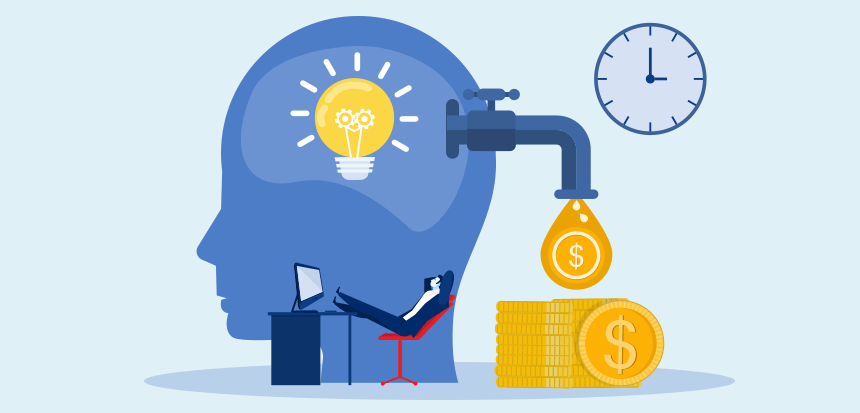
Procrastination Encourages Creativity
While procrastinators tend to leave the actual work until the last minute, their brains may still send them reminders about the pending project, working diligently behind the scenes.
Mundane tasks in our everyday life represent opportunities to think, and there is great value in being idle. Psychologists have found that creative inspiration often comes after being incubated by unrelated tasks like walking, chores, or even in the shower. Keeping a notebook handy is a great way to capture ideas as they come (even for non-procrastinators) and can serve as a springboard on the night before the task is due.
That said, there are a number of tried and true ways to increase creativity that don’t involve procrastination that are worth a shot. Verywellmind.com has a great list of suggestions if you are looking for inspiration. Their list includes rewarding your curiosity, building your confidence, and brainstorming just to name a few.
In the hustle of modern life, the opportunities to just sit and think are rare. Some people may confuse intentional pause with procrastination as they can often look the same.
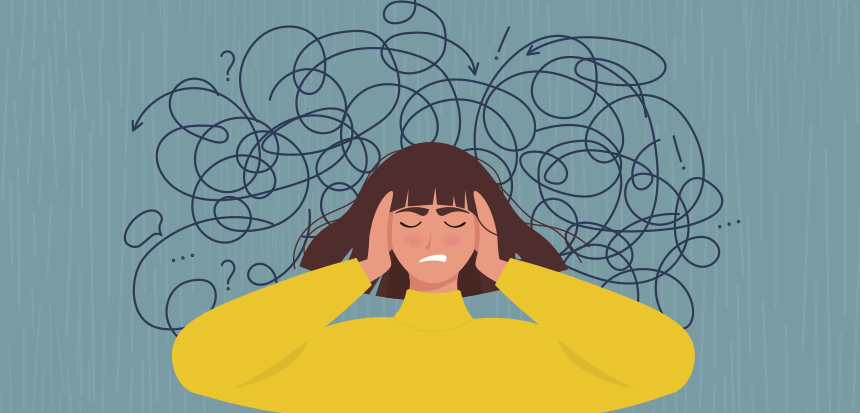
Procrastination (Initially) Decreases Stress
Ignorance is bliss, right?
You can give yourself permission to not stress about a task when you know that it exists in some distant future and there really are people who work best under pressure. While some people can count on internal motivation to jump into action as they need to, a looming deadline represents external motivation to procrastinators to get the job done.
In all seriousness, the ability to ignore a task until such a time that you chose to dedicate your attention to it may not be procrastination at all but an intentional and purposeful delay, the intention and motivation matters when it comes to distinguishing between the two.
The logic behind delaying action may actually be built on a subconscious understanding of a procrastinator’s unique time management techniques. If you know, from experience, that you can produce a solid report in one evening, why spend days stressing when you can channel your energy in a shorter period of time and produce the same or even better result? This mindset is certainly risky but it obviously works for some people.
Keep in mind though, stress has a way of catching up with us. While procrastinators may find peace in advance of a deadline, there is growing evidence that the stress compounds in the rush of getting things done.
Procrastination Can Lead To Better Decision Making
The key word here being can, it is not always the case but let’s talk about when it is the case.
Decision making is an essential skill. Our ability to make good decisions is pressed by the need to move through life as fast as we can and hustle. There is growing evidence that slowing down is better for our health but is also better when it comes to our decision making abilities.
Frank Partnoy, a professor at the University of San Diego, covers the topic of delaying decision making and wrote an insightful book on his findings called Wait: The Art and Science of Delay. He challenges the notion of trusting your gut feeling and instead advocates waiting until the last possible minute and gathering as much information and insight as possible before making a decision.
Of course, his assumption is that the time used to procrastinate is productive which may not always be the case.

Procrastination Can Help Conserve Resources
In time, some issues may resolve themselves without your input. Someone else with more appropriate expertise may pick up the issue or maybe new solutions present themselves that are much less demanding on your time and energy.
Better yet, the project is canceled altogether!
Contrary to popular belief, procrastination (in some cases) may actually help you save time and conserve your resources for more pressing or important matters. In this way, procrastination may help you prioritize your work to focus on the most important and pressing of tasks.
In the fast paced world we live in, we often have to pick and choose what we focus on anyway, which usually means some items get neglected even for the most ambitious of us. If you possess decent executive functioning skills, the tasks that you chose to focus on will be the most important.
Whether some procrastinators possess a higher level executive functioning abilities or simply luck out may be hard to say but if you are having consistent results, you may just be purposely delaying as opposed to procrastinating.
Procrastination Can Initiate Your Flow State
For some people, there is a sense of excitement when they know they have to push through to complete a project on time, this can drive or paralyze people. This additional pressure and excitement can also help to initiate your flow state.
In case the concept of flow is new to you, psychologists Mihaly Csikszentmihalyi and Jeanne Nakamura describe it as a sense of fluidity between your body and your mind. People with ADHD may recognize this feeling as hyper focus.
Being in a flow state is also known as being “in the zone”. When you are in this zone, the world around you appears to dissolve and the task at hand is the only thing in front of you.
Magic (and productivity) happens when your mind and your body work together.
Check out How to Induce Flow State for Heightened Performance for more information on how to initiate flow state… with or without procrastination.

Why Do People Procrastinate?
There are a million reasons why someone may delay performing a task. Some common reasons people procrastinate include:
- Overwhelm: sometimes, a task can seem so big that you don’t know where to start… so you don’t start at all.
- Anxiety: certain tasks may be uncomfortable and cause anxiety or distress.
- Perfectionism: ever hear of perfection paralysis? Basically, the idea that you won’t complete the task perfectly stops you from even trying at all.
- Fear: the idea that you may fail or underperform is common and the thought of someone criticizing your work can cause you to freeze and resist starting it.
- Lack of motivation: if the task seems irrelevant or is just uninteresting, it is even harder to initiate let alone complete.
These are just a few reasons that people may procrastinate… unintentionally. There are also reasons that people may choose to procrastinate in an intentional way. Deciding what to focus on and when is a practise in autonomy and has its benefits when it is done in a thoughtful way. The purposeful delay of one task in favour of another that is a better use of your time and attention can help you produce better work in the same timeframe.
Delaying a task that you don’t like in favour of one that you do like can also help build your confidence to tackle the less desirable activity. With a win under your belt, you can then tackle other work with the positive momentum of a completed project.
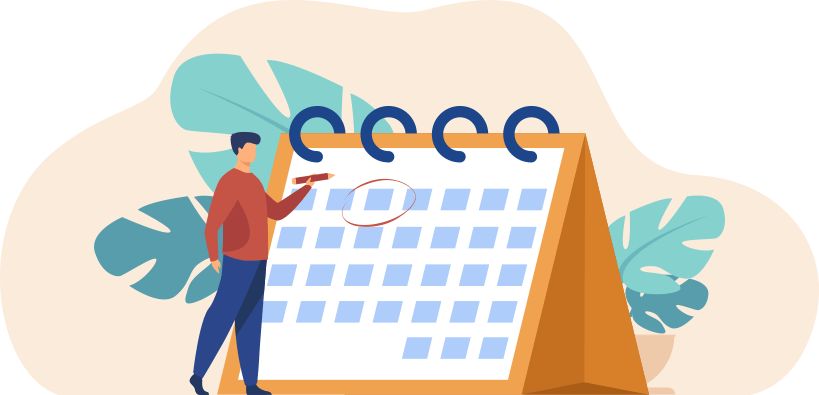
Understanding the Role of Deadlines in Procrastination
Parkinson’s law states that work will expand to fit the allotted time for its completion. What this means is that if you have a task that is due in an hour, you will complete it in that time. If that same task has a due date of the end of the week, you are more likely to pick at it for a week even though it may only take you an hour of focused work to complete.
Setting your own deadlines regardless of the ones that are imposed on you is a great trick to hack your procrastinating tendencies.
Using Procrastination to Your Advantage
While procrastination is not for everyone, if you have found that it works for you, there are ways that you can harness this power for good. To do that though, you need to distinguish between two types of procrastination: active or passive. Researchers Angela Hsin Chun Chu and Jin Nam Choi are responsible for defining active and passive procrastination and it has to do with your intentions.
Imagine that it is Monday morning and you have a report due by the end of day on Friday. Active procrastination would be understanding that you can draft that report under pressure in 3 hours and decide to delay it until lunch time on Friday. Passive procrastination in the same situation might involve a lot of stress and uncertainty, perhaps even questioning your ability to do the report at all.
Research has shown that people who are active procrastinators can reap some of the same benefits of those who are not prone to procrastination. If you are an active procrastinator, chances are that you can step back and weigh the pros and cons of procrastinating a certain task. You likely understand that you may experience short term stress relief followed by a culmination of stress for a short period of time prior to the due date.
Intention matters.
Are you putting off something simply because you don’t want to do it or are you putting it off because you recognize that it is a better use of your time and your energy? Does your task require the flow of creative juices or are you putting off booking a doctor’s appointment that you are dreading?
I guarantee that putting off doctors appointments is not a good form of procrastination.
If you are a procrastinator, you can make use of hard and soft deadlines. Break up a task into more manageable pieces so that when it comes time for the final push, you can compile what you have and focus your creative attention. By setting tight deadlines, based on Parkinson’s law as mentioned above, you will complete the task in the time that you are allotted.
Sometimes, a task will stress you out no matter what. In order to fully use procrastination to your advantage, you need to be able to determine if procrastination will cause you more stress than it is worth.
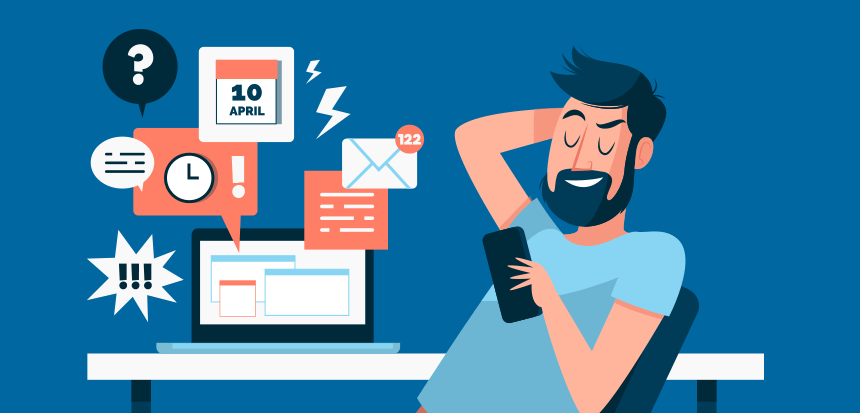
Proceed with Caution
While procrastination works for some people, there are a number of studies that show that it can do more harm that is good.
The research is clear that procrastination more often causes additional stress in the long term which has overall negative health implications. You may also be giving yourself more credit than you deserve in thinking that you work better under pressure.
Do you really? Have you tried the alternative?
If you are already a procrastinator, you may want to investigate purposeful delay and how you can hack your tendency to procrastinate and be more intentional. Work smarter, not harder, right?

